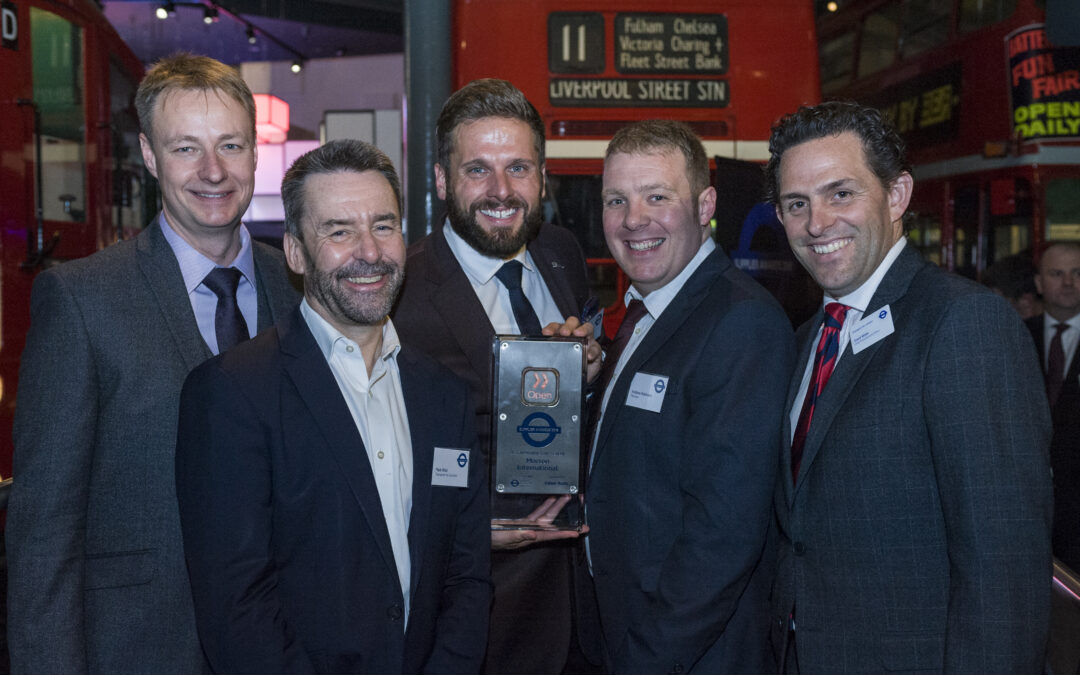Morson Training was delighted to take part in the Women into Transportation and Engineering (WiTnE) Pre-Employment Programme, the latest rail diversity initiative from Transport the London (TfL).
We were invited to take part in this important programme after winning the TfL Supplier Award for Best Apprenticeship. Other key suppliers to be involved in the programme were Thales, Telent and Arriva.
As part of the programme, Morson Training offered a selection of real work placements to women from London and, upon completion, the further opportunity to complete a rail apprenticeship. Graham Timbers, Morson rail manager, and his London-based operations team partnered with their largest client Transport for London to offer opportunities to local candidates. A dedicated mentor, Daniela Halacheva, has been appointed by the Morson team to answer queries and give the candidates the help, advice and knowledge they need while gaining experience on track.
We spoke to Morson Training’s Andrew Robinson about Morson Training’s role in the scheme:
What are you looking for in a candidate?
We’re looking for trailblazers, people who can be the future of the rail industry. We want people who are reliable, hard-working and happy to take on a challenge and make a career in engineering.
What do the placements involve?
The placements will offer a real snapshot of the work we are involved in and a taster of what it’s like to be part of a team. It will cover the training, induction and briefing given to all operatives to prepare them to work safely. Each person will have an appointed mentor to offer support, and GUI dance and answer questions. It will also offer experience in a variety of work environments. These include reconditioning work (breaking off old concrete, pouring new and relaying the track) and track maintenance (identifying and correcting faults such as broken or worn components, ballast profiling and small re-rails).
Why is diversity important within rail?
Diversity is important across the whole of engineering, not just within rail. In order to meet the challenges of creating a railway fit for the future we need a diverse range of bright new people and solutions. The only way to do this is to have a workforce that reflects this diversity and is as varied as the challenges posed. It brings fresh eyes and new ways of looking at things.
Why do you think women are discouraged from careers in rail?
It’s because of the stereotypical view of what is required to work within the industry. We can only change this by coming together with our partners like TfL to challenge and ultimately change these attitudes. Programmes such as this show that working in modern engineering is a possibility for all.
Our work forms part of a larger commitment to diversity for Morson.
Ged Mason, CEO of the Morson Group, commented:
“Our aim is to inspire the next generation of engineers and also showcase the skills required to work in engineering to help females in other sectors realise what transferable skills they have and their career prospects in this industry.
Research shows that nearly half of female engineers enter the industry through a family connection, highlighting the importance of role models within the sector.
There’s also the stigma that says engineering is only for men, which is why part of our campaign is changing the perceptions amongst parents, teachers and young people who believe it’s a male profession.”


